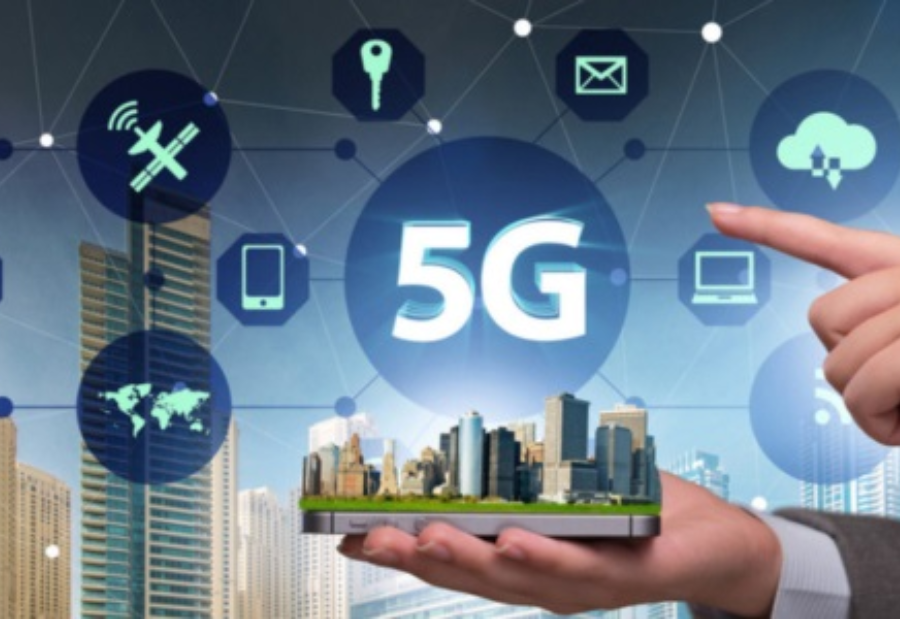
5G Technology: Transforming Connectivity for Consumers and Businesses
The advent of 5G technology marks a significant leap in the evolution of wireless communications, promising to revolutionize both consumer experiences and business operations. As the fifth generation of cellular networks, 5G offers unprecedented speed, reduced latency, and the capacity to connect a multitude of devices simultaneously. But what does this mean for consumers and businesses? Let’s delve into the transformative potential of 5G.
Understanding 5G: A Brief Overview
5G stands for the fifth generation of cellular network technology. Unlike its predecessors, 5G is designed to deliver peak data download rates up to 20 Gbps, with significantly improved upload rates up to 10 Gbps. This leap in performance is achieved through the use of higher frequency bands, advanced antenna technologies like Massive MIMO, and network innovations such as network slicing and edge computing
Impact on Consumers
Enhanced Mobile Experiences
For consumers, 5G translates to faster and more reliable internet connections on mobile devices. Streaming high-definition videos, engaging in augmented reality (AR) applications, and playing graphics-intensive online games will become seamless experiences. The reduced latency of 5G networks ensures that actions in applications occur in near real-time, enhancing user satisfaction.
Internet of Things (IoT) Integration
The increased capacity of 5G networks supports the growing number of IoT devices in smart homes. From smart thermostats and security systems to connected appliances, 5G enables these devices to communicate efficiently, providing consumers with more integrated and responsive home environments.
Improved Connectivity in Crowded Areas
Anyone who has struggled with slow internet at concerts, sports events, or other crowded venues will appreciate 5G’s ability to handle high device densities. The technology’s enhanced capacity ensures that users maintain strong, fast connections even in densely populated areas.
Impact on Businesses
Operational Efficiency and Automation
Businesses stand to gain significantly from 5G through improved operational efficiency. In manufacturing, for instance, 5G enables real-time monitoring and control of equipment, facilitating predictive maintenance and reducing downtime. Automation becomes more feasible with reliable, low-latency connections supporting robotics and other automated systems.
Enhanced Customer Engagement
With 5G, businesses can offer richer, more interactive experiences to customers. Retailers might implement AR to allow customers to virtually try products before purchasing, while entertainment companies can offer immersive VR experiences. These innovations can lead to higher customer satisfaction and increased sales.
Expansion of Remote Work Capabilities
The COVID-19 pandemic has accelerated the adoption of remote work, and 5G further supports this shift by providing reliable high-speed internet access. Employees can engage in high-quality video conferencing, access cloud-based applications without lag, and collaborate in real-time, regardless of their location.
Challenges and Considerations
While 5G offers numerous benefits, its implementation comes with challenges. The infrastructure required for widespread 5G coverage is substantial, necessitating significant investment from network providers. Additionally, businesses and consumers will need to invest in 5G-compatible devices to fully leverage the new network’s capabilities. Security is another concern, as the increased connectivity could potentially expose more points of vulnerability.
Looking Ahead
The rollout of 5G is still in progress, with coverage expanding across urban and rural areas. As the technology matures, we can anticipate even more innovative applications that will further blur the lines between the digital and physical worlds. Both consumers and businesses should stay informed about 5G developments to capitalize on the opportunities this transformative technology presents.
In conclusion, 5G technology is poised to significantly enhance the way consumers interact with digital content and how businesses operate and engage with customers. Its high-speed, low-latency, and massive connectivity capabilities will drive innovation across various sectors, making it a pivotal force in the next wave of digital transformation.